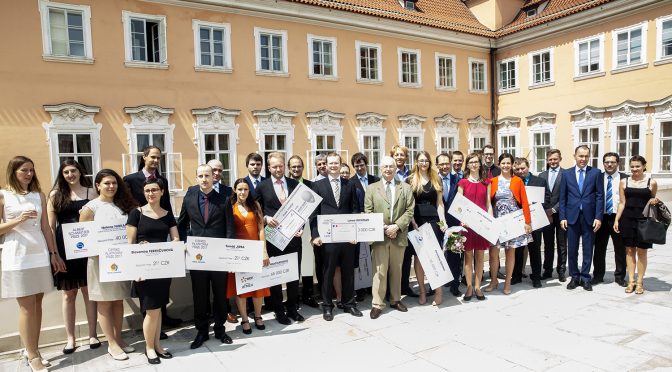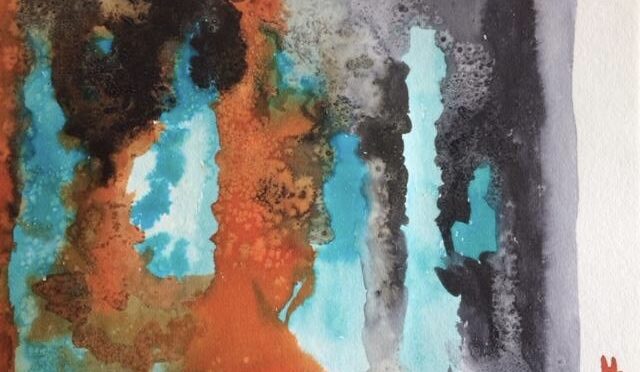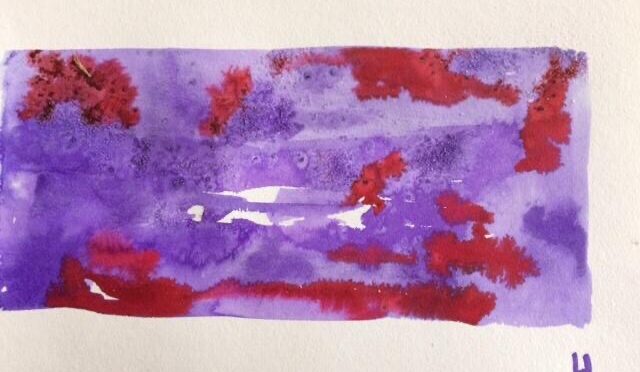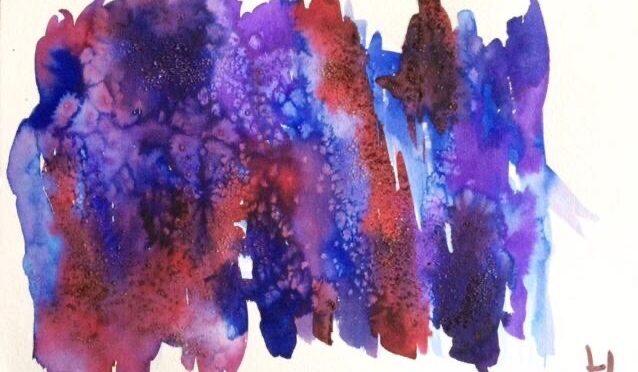TWO POST-DOCTORAL POSITIONS AT CEFRES COFUNDED BY THE CHARLES UNIVERSITY AND CEFRES WITHIN THE FRAME OF SPECIFIC RESEARCH PROJECTS
Deadline for submission: 23 August 2017
Period: 1 January 2018—31 December 2019
Application Language: English only
Address for submission: clararoyer@cefres.cz
Selected post-doctoral researchers will be informed on 2 October 2017.
Research project 1: “Archives and Interculturality”
Research project 2. TANDEM post-doctoral position
A specific competition to recruit a second post-doctoral researcher is open for competition on one out of three possible topics listed below. He/She will work in association with a researcher from the Czech Academy of Sciences (CAS) within the frame of the TANDEM program.
Topic 1: “Cosmopolitics of Hunt: Bringing Europe into Perspective”
This research project will associate one post-doctoral researcher with CAS researcher Luděk Brož.
Description: Candidates across social sciences and humanities are invited to explore how “wild species” have featured in human lives, and vice versa, in dynamically changing socio-environmental contexts. Successful applicants are expected to develop their own niche of empirical inquiry and, using methodology aligned with their respective disciplines, focus on “wild species” – human relationships as both a topic in its own right, and a strategic viewpoint on other issues of social and academic relevance. The supported candidate should be ready to engage in reflexive interdisciplinary collaboration.
Applicants may contact Mr Brož before applying for any relevant questions on their application. Please write at: broz@eu.cas.cz
Topic 2: “Denaturalisation and refugees in Europe in the first half of the 20th century”
This research project will associate one post-doctoral researcher with CAS researcher Michal Frankl.
Description: The project aims to develop a comparative perspective on large-scale denaturalisations in Europe in the first half of the 20th century and to probe the intrinsic connection between the status of the citizen and the position of the refugee. The applicant will show interest into research on citizenship, statelessness and/or refugees and should have background in historical and archival research (but an interdisciplinary combination with related disciplines is also possible and encouraged). Within the project s/he will be tasked with assessing existing body of research, working with the PI to develop the project methodology and conducting original research on mass revocations of citizenship and refugee policies. S/he should demonstrate interest in comparative history and explain his/her ability to contribute to a European comparative project (for instance, but not limited to, knowledge of the French and/or other national/regional contexts and languages).
Applicants may contact Mr. Frankl at frankl@mua.cas.cz with questions pertaining to the research project and the application.
Topic 3: “Islamic Activists in Exile: Europe, Middle East and South-Asia”
This research project will associate one post-doctoral researcher with CAS researcher Giedre Sabaseviciute.
Description: Candidates will be expected to contribute to the project on the contemporary exiled Islamic activists in European, Middle Eastern and South-Asian cities. The project aims to research the ways in which the experience of exile affect the trajectories of activism, focusing on how different national context influence their career choices, which vary between the continuation of activism, involvement into different causes, or disengagement. Possible research topics include but are not restricted to 1- circulation of ideas, norms and activism through human networks; 2- patterns of activist network formation; 3- relationship between the exiled activists and their host countries; 4- continuities and ruptures in individual trajectories of activism. Candidates are expected to have conducted their doctoral research in one of the regions covered by the project (The Gulf, Turkey, South-Asia), to be proficient of one of its languages (Turkish, Arabic, Malay), and have an important knowledge of the fieldwork. Interdisciplinary approach is preferred, as well as some experience in ethnographic and biographical research, media studies, and discourse analysis.
Applicants may contact Giedre Sabaseviciute before applying for any relevant questions on their application. Please write to: saba@orient.cas.cz
Application Package
Applicants should provide the following documents:
- The application form duly filled in: download HERE. The application form includes the description of a research project. The research project must:
- specify the name of the research project you want to apply to (for ex. “Archives and Intertextuality”) and explain how your research befits it.
- include an explanation on the methodology and inputs of your own research, as well as a selected bibliography (max. 1 page-long)
- include outcomes (publications, conferences, and so forth).
- A letter of reference from the PhD supervisor: download HERE. The letter must include a statement from the PhD supervisor (mentionning topic of the PhD and whether candidate was successful with it, and so forth)
- A detailed CV
- A list of publications
- A copy of the PhD diploma
Application packages must be submitted by 23 August 2017 electronically in an email entitled “YOUR LAST NAME_CEFRES-UK” at: clararoyer@cefres.cz. Please send the application form in both PDF and as a Word-document. Applicants are welcome to contact the PIs of the research projects they apply to.
Eligibility Criteria
- be high-level researchers from abroad, who defended their PhD no more than 10 years prior to the application deadline in a university outside the Czech Republic
- conducting a research befitting one of the research projects described above
- good command of English is mandatory
Framework of the Charles University and CEFRES post-doctoral position
- contribute through their own research to the research project they apply to
- take part in the scientific life of CEFRES
- submit a yearly report on their research to the director of CEFRES
- come to live in Prague from 1 January 2018.
Calls for applications will be published on Charles University’s website on 1 July 2017. CEFRES will be amongst the hosting institutions of the University Post-Doc Research Fund.


 We are happy to announce the names of
We are happy to announce the names of 



